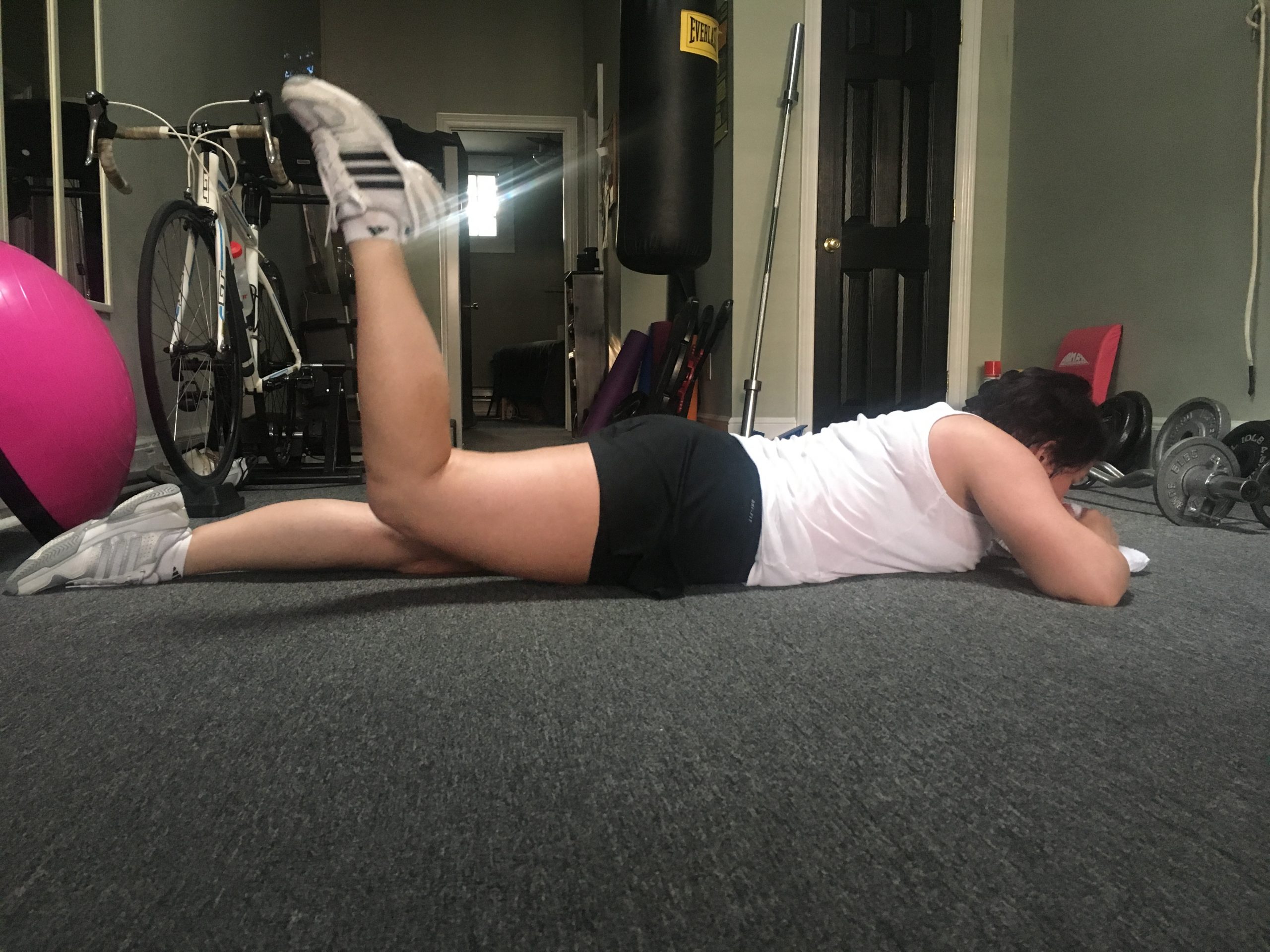High-Intensity Interval Training (HIIT) is a popular and effective form of exercise that involves short bursts of intense activity followed by brief periods of rest or lower-intensity exercise.

While HIIT can offer numerous health benefits, there have been concerns raised about its potential impact on the adrenal system. However, it’s essential to note that HIIT itself is not inherently damaging to the adrenal system when done correctly and in moderation.

The adrenal system consists of two small glands located on top of each kidney, known as the adrenal glands. These glands produce hormones, including adrenaline (epinephrine) and cortisol, which play vital roles in the body’s stress response and energy regulation.
Here are some key points to consider regarding HIIT and its potential impact on the adrenal system:
- Stress Hormones: HIIT workouts can be intense, and during these workouts, the body releases stress hormones such as adrenaline and cortisol. This is a natural response to intense physical activity and is not inherently damaging. In fact, it can help improve fitness and metabolic function when managed appropriately.
- Overtraining: The potential for adrenal issues arises when individuals engage in excessive and chronic high-intensity exercise without adequate recovery. Overtraining, or overreaching, can lead to an imbalance in stress hormones. Prolonged periods of intense exercise without sufficient rest can potentially result in elevated cortisol levels and symptoms like fatigue, irritability, and decreased performance.
- Individual Variability: It’s important to recognize that the response to HIIT and exercise, in general, can vary significantly from person to person. Some individuals may be more susceptible to overtraining or adrenal stress due to factors such as genetics, lifestyle, nutrition, and overall stress levels.
To mitigate the potential negative effects on the adrenal system while enjoying the benefits of HIIT, consider the following:
- Proper Programming: Ensure your HIIT workouts are well-structured with adequate rest periods between intense intervals. Avoid excessive frequency and duration of HIIT sessions, especially if you are new to this form of exercise.
- Listen to Your Body: Pay attention to signs of overtraining, such as persistent fatigue, mood disturbances, and decreased performance. If you experience these symptoms, adjust your workout routine and allow for more rest.
- Nutrition and Hydration: Proper nutrition and hydration are crucial for recovery and hormonal balance. Ensure you’re consuming a balanced diet with enough calories and nutrients to support your activity level.
- Rest and Recovery: Incorporate rest days into your exercise routine and prioritize sleep. Quality sleep is essential for the body’s ability to recover and manage stress hormones.
- Consult a Professional: If you have concerns about how HIIT may be affecting your adrenal health, consider consulting a healthcare professional or a certified fitness trainer who can provide personalized guidance.
In summary, HIIT itself is not damaging to the adrenal system when performed in moderation and with attention to proper programming, recovery, and individual variability. It can be a highly effective and time-efficient form of exercise for improving cardiovascular fitness and overall health. However, like any exercise regimen, it’s essential to listen to your body and avoid excessive intensity and frequency to maintain a healthy balance.
Best yet is working individually with a holistic personal trainer at The Well – having a coach to help you work through these things can make the difference! Apply for an Exploratory Session today and let’s have a conversation about what this could look like for you and your health, fitness, and wellness goals!
